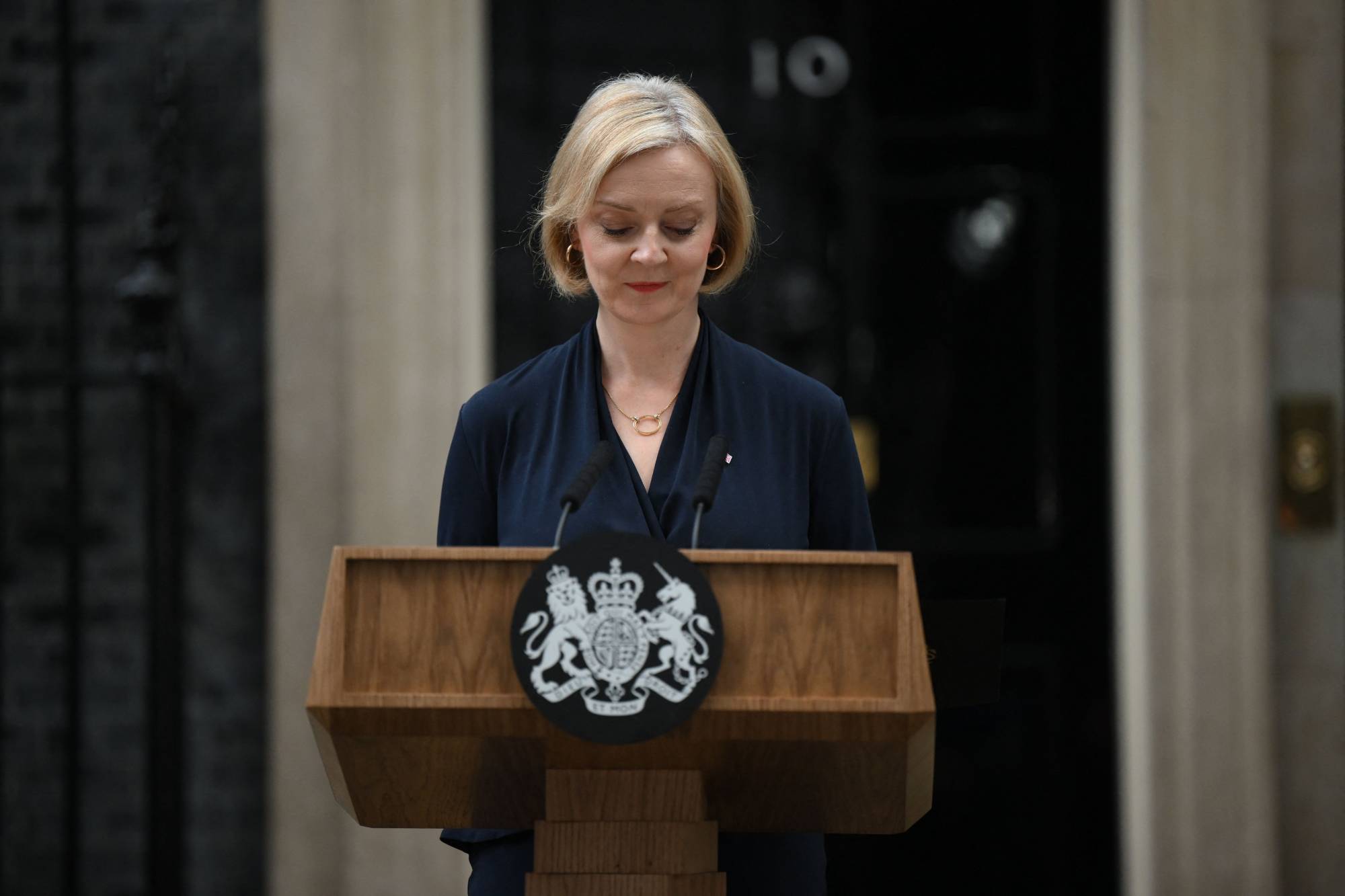For Liz Truss, the end came Thursday in a midday meeting with grandees of the Conservative Party. But Truss’ fate as prime minister was all but sealed three weeks earlier when currency and bond traders reacted to her new fiscal program by torpedoing the pound and other British financial assets.
The market’s swift, withering verdict on Truss’ tax-cutting agenda shattered her credibility, degraded Britain’s reputation with investors, drove up home mortgage rates, pushed the pound down to near parity with the American dollar and forced the Bank of England to intervene to prop up British bonds.
That repudiation, measured in the second-by-second fluctuations of bond yields and exchange rates, mattered more than the noisy departures of Truss’ Cabinet ministers or the hothouse anxieties of Conservative lawmakers that ultimately made her position untenable.


















With your current subscription plan you can comment on stories. However, before writing your first comment, please create a display name in the Profile section of your subscriber account page.